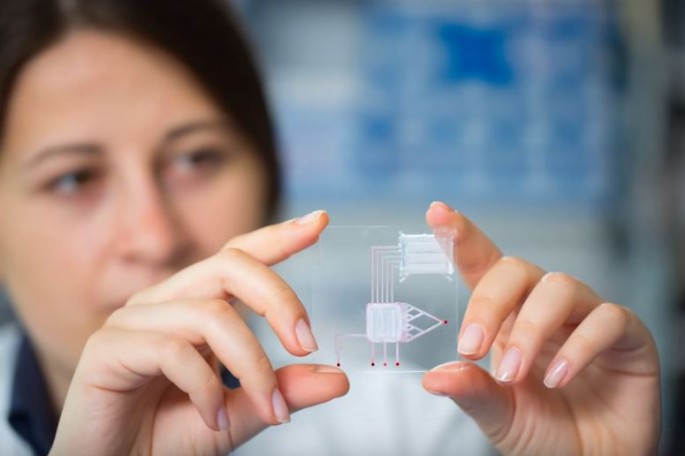HIV and AIDS are among the most dreaded diseases that have long puzzled the medical science for its definitive cure. However, with the recent discovery made in Nigeria using nanotechnology, such disease may soon be eradicated.
Extensive and categorical cure for HIV/AIDS might have already been discovered by a team of Nigerian researchers, headed by Prof. Maduike Ezeibe. Such cure is unique in itself, for it utilizes nanotechnology to create a so-called nanomedication. With the use of Medicinal Synthetic Aluminium-magnesium Silicate (MSAMS) Ezeibe and his team managed to attract global experts, which led their proposed cure to be published in the prestigious British Journal of Medicine & Medical Research.
Based on the research, Ezeibe highlighted the importance of size in order to fully combat HIV and AIDS. Nigerian national newspaper, This Day, reported that HIV could be as small as 110nm that is why it may easily cross physiological barriers. The nanoparticles of HIV makes it easier for the infection to hide in cells of the brain, bone marrow and testes. Having such case, existing antiretroviral medicines with bigger molecules are having a hard time reaching such portion of the body where HIV nanoparticles particles may hide.
Under such circumstances, Ezeibe thought of a method to capture HIV particles in such a critical area of the body. Thus, Aluminum-magnesium Silicate (AMS) was created, which are smaller (0.96nm) than the human immunodeficiency virus particles, the one which could easily cross physiological barriers.
"We are using medicine that is so small that wherever HIV goes it can get there, catch it and destroy it," This Day quoted Ezeibe as saying.
With the newly presented discovery coming from Nigeria, interest among the medical doctors and experts worldwide was arouse. This research breakthrough is seen as a great potential stop of the mortality of HIV and AIDS, which according to the latest World Health Organization (WHO) statistical data already took 1.1 million lives in 2015.
Guess we would just have to wait and see for further updates and more clinical trials before the so-called nanomedicine for HIV/AIDS hit the market.




























